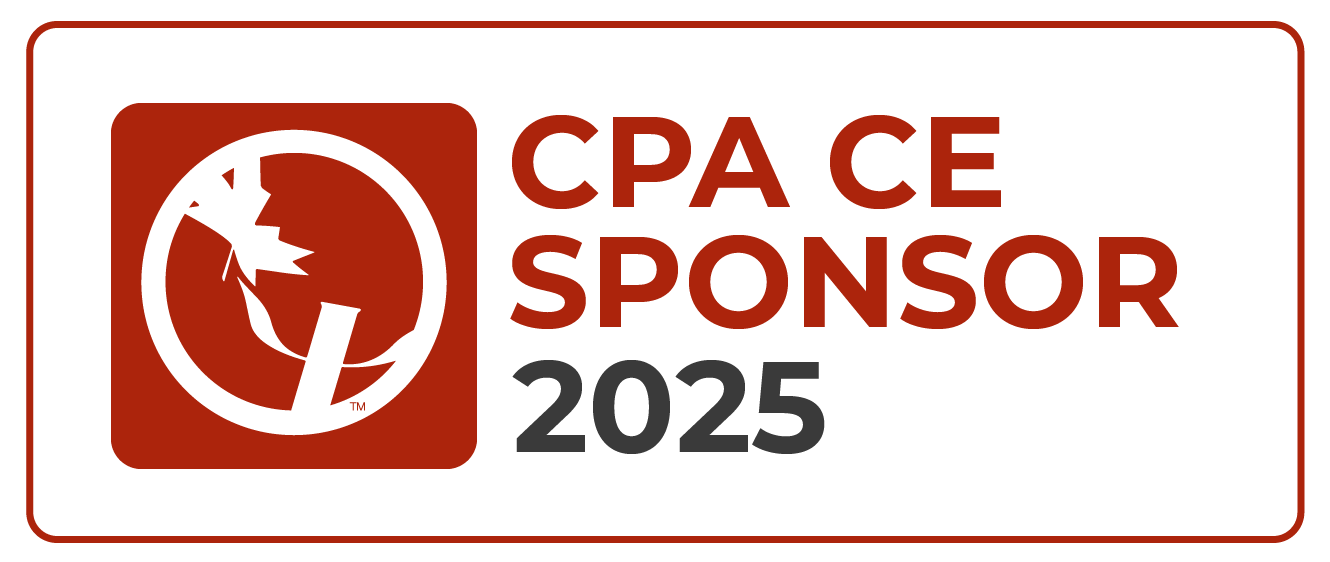Well, hello there! Glad you can make it! Welcome to the Dóchas Education Hub for Therapists
Have you ever been to an in-service where, upon finishing, you think, “Well, that’s an hour (or two) of my life I can’t get back? (And when there’s no food? Heathens…)
Look no further!
The Dóchas Education Hub is here for you!
Our courses are based on our experience as practitioners. They are born from noticing what our clients are going through and often are based on what we wished we had learned before we learned it the hard way!
We don’t believe in psychobabble. Our CE approved courses are meant to be easy to understand and include things you can use immediately in your work. Listen, we might not be able to supply the food, but we won’t waste your time! Our courses are set up so you can learn at your own pace based on your schedule. No more sitting down for hours at a time – you can pause and easily pick up where you were at.
So, take a gander at our CE approved courses. Oh, and did I mention there are CE credits? Oh yeah, I did… but what I didn’t mention is you can bundle them to have additional savings! Yep, save money! Love it!

Remember we are working on things all the time and if you know of something you’d like included, please let us know. We’d be happy to support you with it.
Courses
From basic grammar to more complex editing and pitfalls, this course sets you up for editing success in professional writing for psychologists.
Not sure how to write a letter that meets your client's needs AND our Standards of Practice? Look no further - your guide is here!
© 2024 Dóchas Psychological Services Inc. | All rights reserved
Created by Samba Web Studio

(We treat your email like a secret. No sharing, ever!)